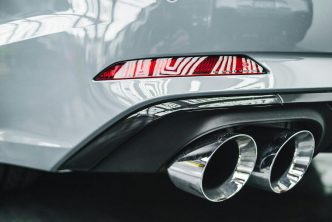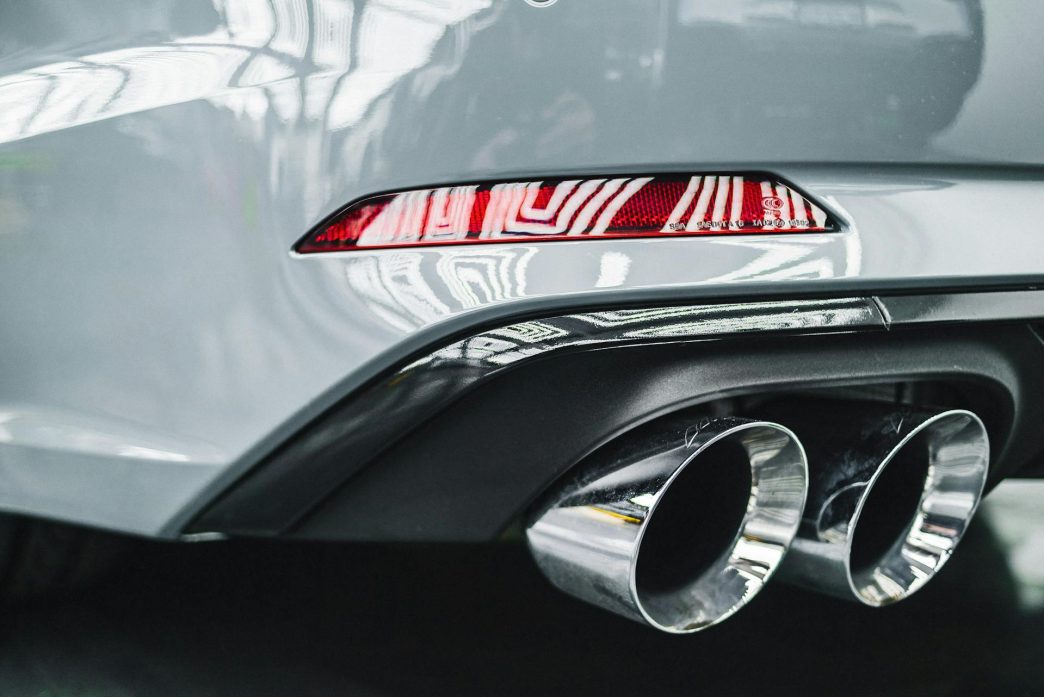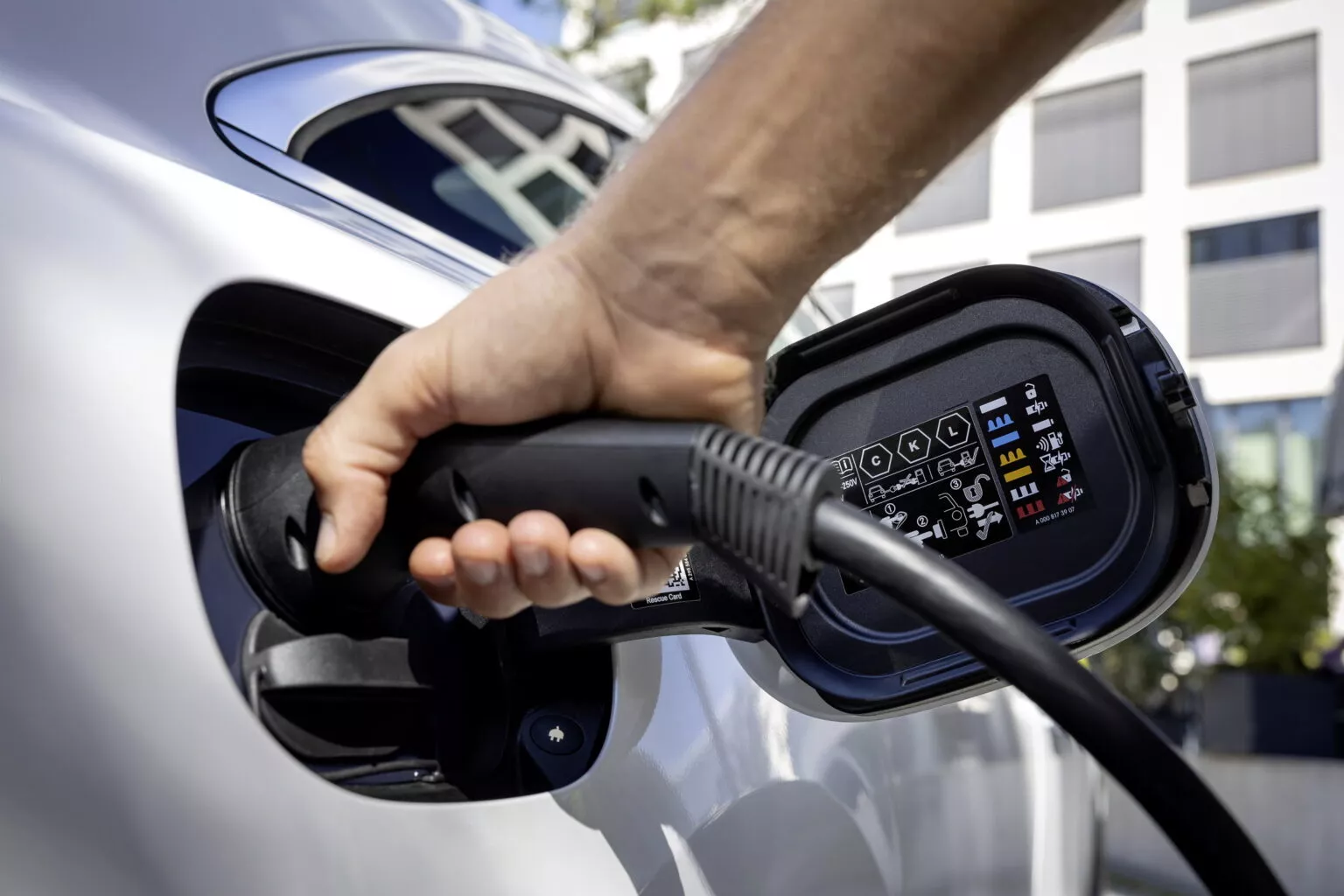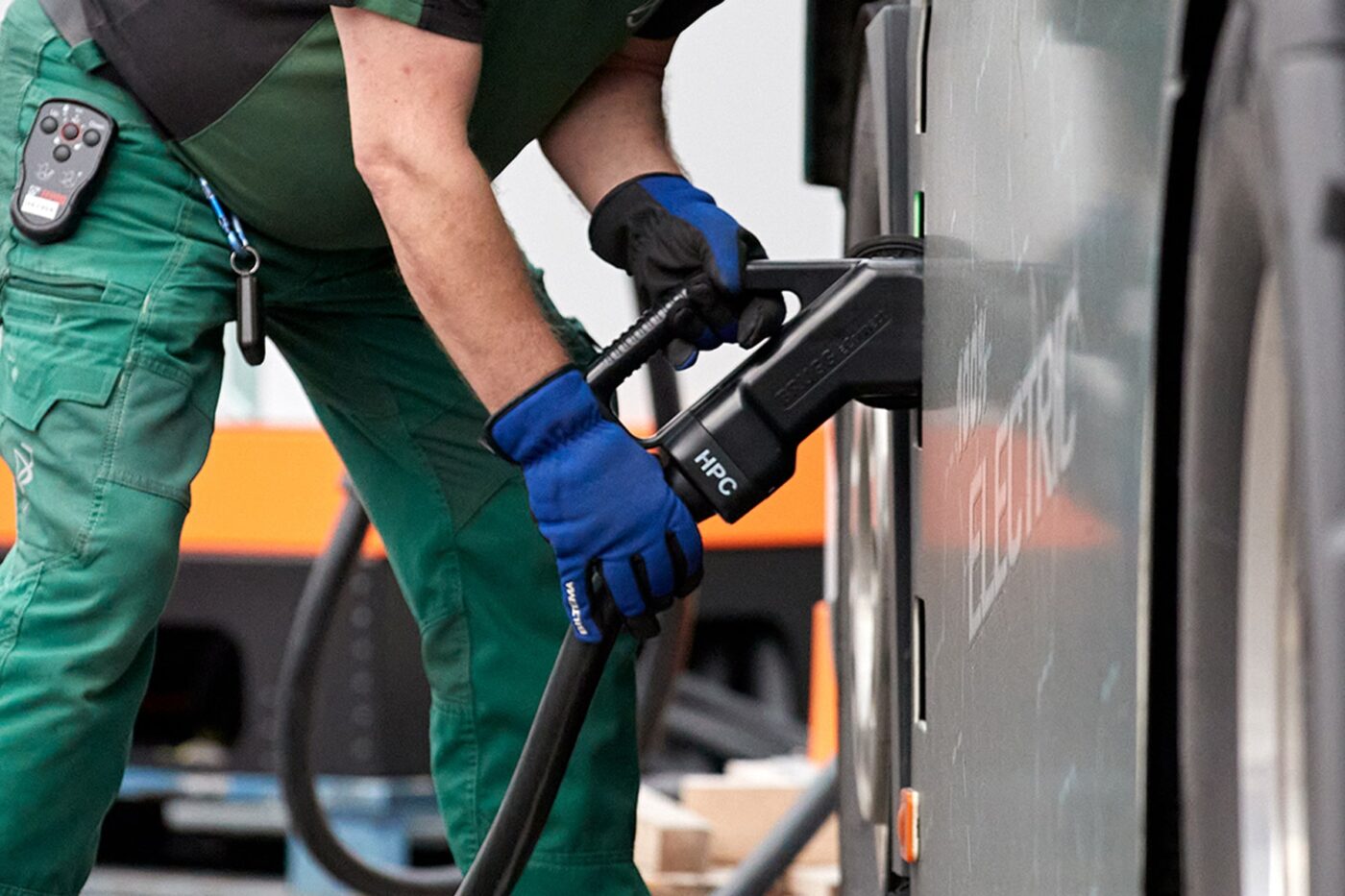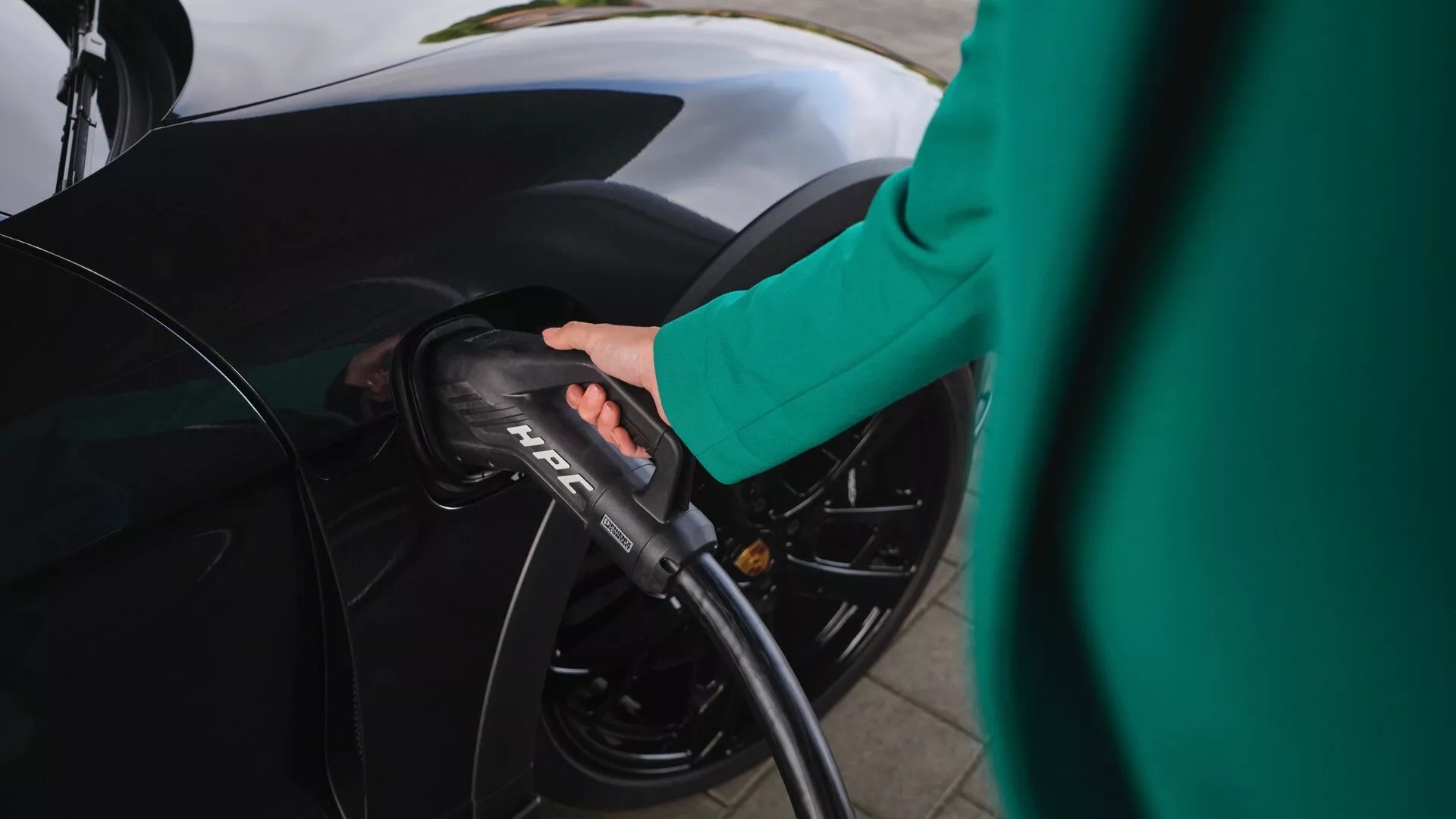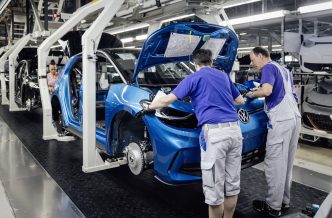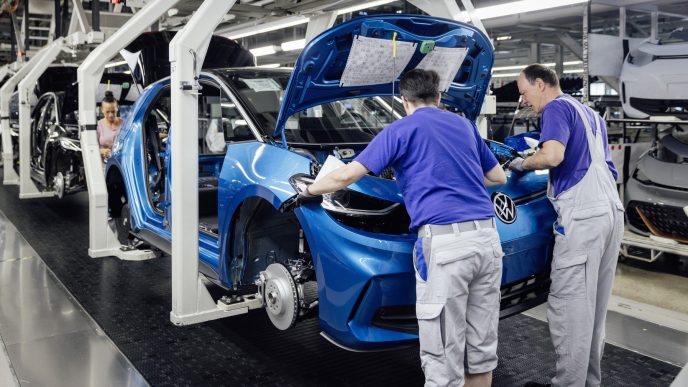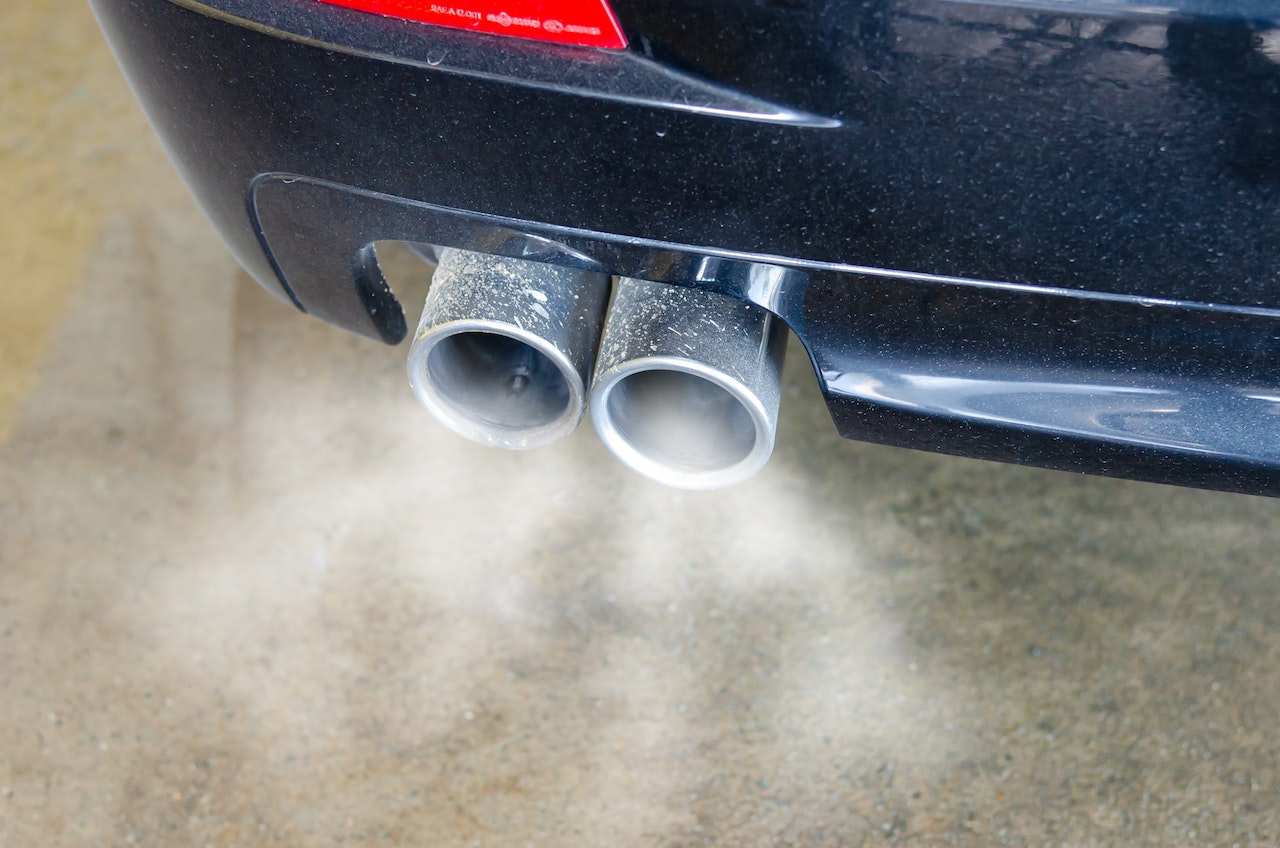The U.S. Environmental Protection Agency (EPA) stated on Friday that it has not yet decided whether to approve California’s ambitious plan to phase out the sale of gasoline-only vehicles by 2035. The plan aims to ensure that at least 80% of new cars sold in the state by that year will be electric vehicles (EVs), with up to 20% being plug-in hybrid models.
In October, a senior official from the California Air Resources Board had expressed confidence that the EPA would grant the state a waiver under the Clean Air Act to implement the plan. California’s rules, which have already been adopted by 11 other states including New York, Massachusetts, and Oregon, are seen as a crucial step in reducing greenhouse gas emissions and combating smog-related pollutants. The state’s target includes making 35% of vehicles zero-emission by 2026, rising to 68% by 2030.
However, the EPA clarified that it is still reviewing California’s waiver requests carefully to ensure the decisions are legally sound. “EPA continues to review California’s waiver requests closely to make sure its decisions are durable and grounded in the law,” an EPA spokesperson said, adding that no updates on timing are available.
California currently has seven other waiver requests pending with the EPA. These include its vehicle emissions rules, which were subject to a legal challenge from fuel producers earlier this week, with the U.S. Supreme Court agreeing to hear the case.
Opponents of California’s stricter vehicle emissions standards, including the Alliance for Automotive Innovation, which represents major automakers like General Motors, Volkswagen, and Toyota, argue that the program will harm economic activity, increase costs, and reduce vehicle choices. They warn that automakers will be forced to sell fewer vehicles in the 12 states adopting California’s standards to comply with the rules.
The decision on California’s waiver follows a precedent set by over 75 similar waivers granted to the state since 1967. In March 2022, the EPA reinstated a waiver allowing California to set its own emissions limits and zero-emission vehicle mandates, reversing a 2019 decision under the Trump administration.
Source: Reuters

